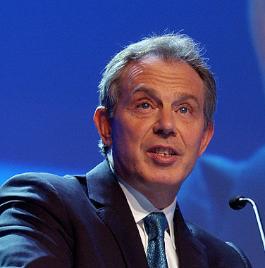SO WHO WILL LEAD IN RUSSIA? -- The election of Dmitry Medvedev as Russia's new president, and the virtual certainty that departing President Vladimir Putin will take over as prime minister has produced a new power-sharing situation, and a new buzzword to describe it: diarchy. Coming up with the term was the easy part. The hard part is carving up the territory before the May changeover.
Lyudmila Alexandrovna, a columnist for ITAR-TASS says Putin's aide, Igor Shuvalov, has been instructed to "draw up a new structure of executive power . . . in which the office of future Prime Minister Vladimir Putin and the staff of future President Dmitry Medvedev will cooperate which, experts warn, will be no easy task." In the past, Putin's Kremlin, she observes, was "immeasurably stronger than the cabinet under any prime minister," but the current and future presidents themselves have no clear idea of how the new system of power will operate.
Perhaps this will help: According to a new national poll, only 3 percent of Russians would have voted for Medvedev in the March 2 presidential elections if they knew in advance that he would govern the nation on his own -- in other words, without Vladimir Vladimirovich. Eighty-eight percent want Putin to keep playing a major role in running Russia even after he steps down as head of state.

